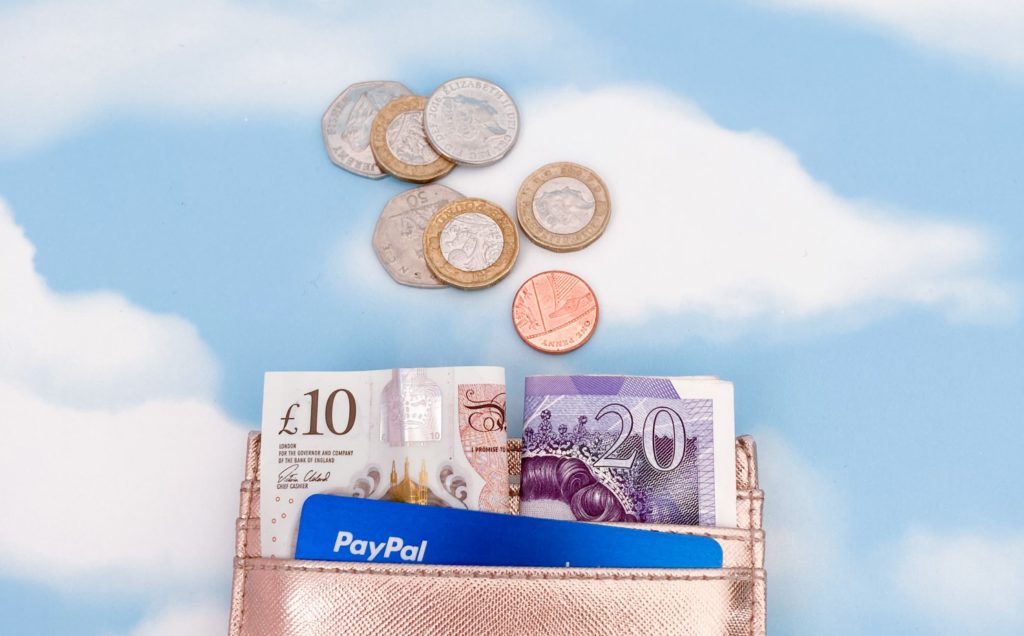
The average UK household owes over £8,000 in debt (not including the mortgage) which is why many more people are becoming more thrifty! The great news is that there are ways to improve a damaged credit score…The vicious circle of spending money in order to save money is no longer necessary. No matter what this year has in store, from a move across town to a new addition to the family, gaining a healthy credit score frugally will be part of it all.
UNDERSTAND CREDIT
The first step in improving a credit score costs no money. You simply need to understand how credit works. A credit score is a number that comes from one of the three major credit bureaus, Equifax, Experian, or TransUnion in the US. It reflects every loan, credit card, or financial interaction you’ve had over your lifetime. You can get free access to these reports once, so be sure to make a request and find out what your current situation is. Many people request their reports during tax season.
SOFT OR HARD REQUESTS
Next, understand the difference between a soft request and a hard request. Sites such as Credit Karma in the US and Noddle in the UK make soft requests on your behalf for a credit score. These sites do not provide detailed credit reports, which is why they do not harm your overall credit. They’ll give you a rough idea of your credit score so that you can start to improve it. A hard request, however, counts against your credit. This is the request that lenders receive, and it includes details regarding your credit history. Every loan, credit card, bill payment, and detailed credit request counts in the overall credit score and too many hard requests can actually make your credit score worse.
HOW TO CHANGE A SCORE – FRUGALLY
Changing a low credit card score is possible, no matter your budget. Approach your bank or building society first, and request free financial services. If these services are unavailable or at cost, explore a credit site that gives you your credit score for free. These sites often have free suggestions for increasing a score. However, it is still up to you to stay diligent in research. Look into the cards or loans suggested, carefully weighing them into your current situation. If it’s feasible, consider consolidation that will help save you money in interest over time. That extra saving on the interest should go straight into paying off the credit.
OVER-PAYING BILLS
As always, paying bills consistently will also help increase a credit score, so be sure to set up direct debits to pay your utilities and mobile phone. However, paying the minimum amount on a credit card every month will only extend the payment period in interest. Even if you only pay an extra £5 each month try to pay more than you need to on your credit card bill. Even a small amount of extra money will help the credit score to increase, as it shows that you’re more in control of your money. And never exceed your credit limit!Credit does not need to be confusing. Read as much as possible on credit, understand your score, and research better financial options for your household. Over time, your credit score will improve, and you’ll be able to save even more money in the long haul. Please share any tips you have for improving your credit score by leaving a comment below.
This blog post is an advertisement feature that has been written in collaboration with a sponsor. The pink links in this post indicate a sponsored link 🙂




















